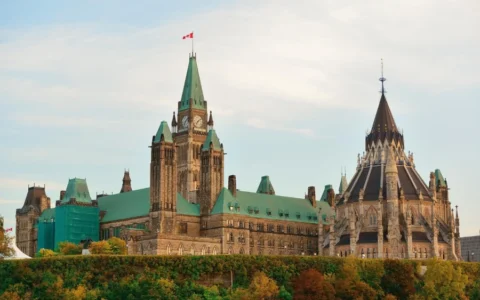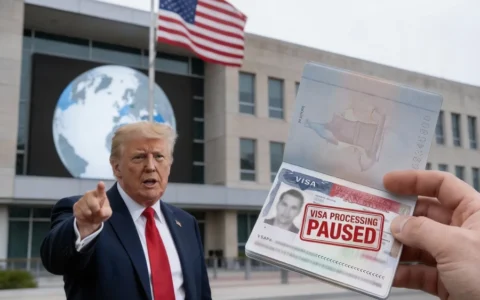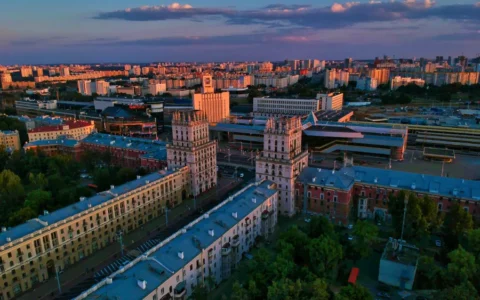The European Union’s significant trade agreement with the Mercosur bloc, consisting of Brazil, Argentina, Uruguay, Paraguay, and recently joined Bolivia, is stirring controversy and dividing member states. This deal, culminating from 25 years of negotiations and signed on December 6, aims to establish one of the largest free trade zones globally, covering over 700 million people and about 20% of the global GDP. However, its ratification faces hurdles, requiring the approval of the EU Parliament and a majority of its 15 member states.
The deal promises to lower tariffs and enhance trade between Europe and South America but has sparked concerns among EU farmers and certain member states about the potential for unfair competition and environmental harm. France, along with Poland, Italy, Austria, and the Netherlands, has expressed strong opposition due to fears that it may disadvantage European agriculture by introducing cheaper South American agricultural products into the market.
Despite the resistance, Germany and ten other member states are urging the European Commission President, Ursula von der Leyen, to expedite the ratification process. Mariano Machado, principal analyst at Verisk Maplecroft, highlights the significant obstacles, noting that despite previous agreements and dialogues, issues like deforestation, pesticide use, and human rights violations have delayed progress. The recent upheavals in French politics have made it difficult for France to form a blocking minority against the agreement.
The economic stakes are high, with the EU’s agriculture sector fearing an influx of imports that could undermine local producers. Analysts predict the agreement could lead to increased trade in key commodities like beef, poultry, sugar beet, and soybeans, potentially impacting European farmers who operate at higher costs. Environmental campaigners also criticize the deal for potentially exacerbating deforestation and other environmental damages in South America.
In addition to agricultural concerns, the agreement’s strategic implications, particularly regarding lithium—a critical component for the clean energy transition—are significant. The Mercosur region, rich in lithium reserves, stands to benefit as European demand for this resource grows.
Despite the controversies, EU officials argue that the deal represents a balanced approach to global trade and environmental sustainability. They assert that it includes robust mechanisms to uphold environmental standards, including the possibility of suspending the agreement if the Mercosur countries fail to meet their obligations under the Paris Agreement.
As the debate continues, the outcome of this landmark trade deal will significantly impact economic relations between Europe and South America, with potential repercussions for global trade dynamics and environmental policies.






